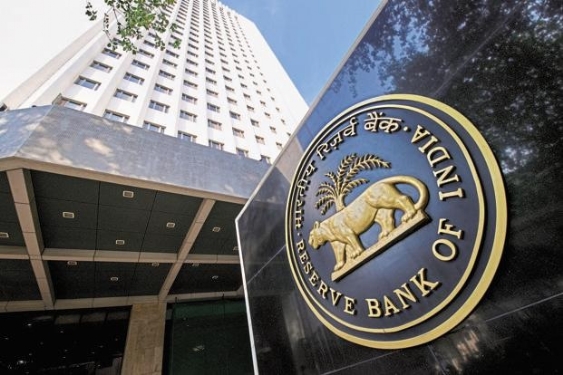The RBI will set up Central Payment Fraud Registry and make NEFT a 24×7 service from December 2019, RBI governor Shaktikanta Das said during the monetary policy press conference held on August 7.
- The registry used to track payment system frauds. Das said payment systems participants will be granted access to the registry for “almost” real-time fraud monitoring, and aggregated fraud data will be published “to disseminate information on emerging risks”. The registry was earlier proposed by the Nandan Nilekani led Digital Payments Committee and was also mentioned in the RBI’s Payments Vision Document 2019 to 2021. Nilekani’s committee noted that the regulator must facilitate the creation of a central fraud registry that tracks all reported fraud, which is accessible to all payment system participants on a near real-time basis.
- The bank has also made its NEFT (National Electronic Funds Transfer) payment system will become a 24×7 service starting December 2019; RBI’s expects this to “revolutionise” retail payments in the country. Currently, NEFT transactions work only during banking hours. A transaction made on Sunday, a bank holiday, will be cleared on Monday once the bank opens.
According to an Economic Times report, a detailed framework for proposed registry would be released by the month of October. Last month, ET had also reported that the industry experts wanted a common registry to deal with consumer banking frauds. According to the ET report, currently, RBI has Central Fraud Monitoring Cell in place where all the banks report their frauds. However, this proposed registry may extend the platform to all payments operators.
All billers can onboard to BBPS; also on-tap authorisation
Apart from setting up of fraud registry, Das also proposed some other measures to encourage adoption of digital payments in India:
- All categories of billers (except prepaid recharges) who provide for recurring bill payments will be permitted to participate in the Bharat Bill Payment System (BBPS) — an interoperable platform for repetitive bill payments— on a voluntary basis. BBPS is a payment service developed by the NPCI, it provides multiple modes of payment and integrates multiple billers – for electricity, WiFi, telecom, DTH, gas – into one platform.
- RBI will enable diversification of risk and encourage innovation and competition by offering ‘on tap’ authorisation to entities desirous to function/operate/provide platforms for Bharat Bill Payment Operating Unit (BBPOU), Trade Receivables Discounting System (TReDS), and White Label ATMs (WLAs).
RBI’s earlier moves to boost online payment sector
- In April, the central bank had announced its plans to standardise timelines to resolve customer complaints and compensation claims across all authorized digital payments systems.
- The RBI also announced a plan to benchmark India’s payment systems against those in “major countries” to gauge India’s progress and give further impetus to digital payments.
- It launched the ombudsman scheme on January 31 as a free and quick way to resolve complaints about digital transactions conducted through non-bank entities regulated by RBI.
- It had a created a new committee on digital payments in January which was being led by former UIDAI chairman Nandan Nilekani. The committee had published its report in June 2019, which suggested that the government should target 10X growth in the volume of digital payments in the next three years.
